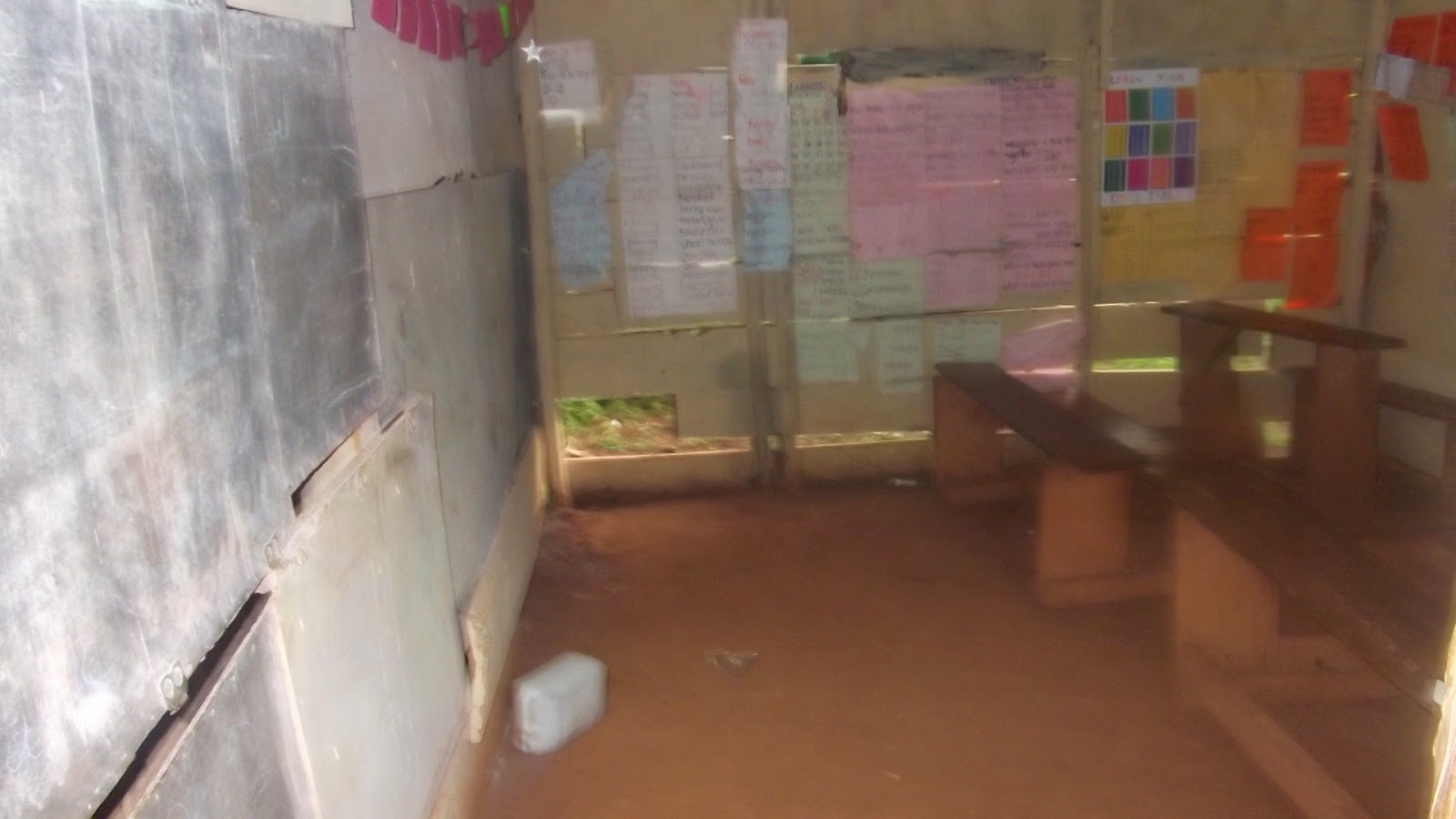This links to an article that reports that Islamic Militant group, Boko Haram, have seized Nigerian city of two million, Maiduguri, and neighbouring state, Adamawa state.
I personally had not heard much about this until I saw BBC Africa post an article on Facebook. This feels all to familiar to the silence which was all to long after the same group kidnapped over 200 school girls in Nigeria on 14th April this year.
Boko Haram are Islamic extremists who have terrorized Nigeria. It's been 152 days since the girls have been kidnapped, and 180 of them are still missing. Many of the girls, teenagers, have been forced to marry men much older than them and renounce their religion and their education. Boko Haram basically means that western education is a sin. This translates to the notion that these terrorists cannot bear the fact that girls might just be able to go to school, learn to read, have an education. This is why they were targeted.
These girls were taken over four months ago, mothers and fathers, sister and brothers are mourning and crying out for the return for these girls, but what about the rest of the world? Where are our voices? If 200 girls were kidnapped from a school in England, or America, there would be global uproar. Instead there was a wave of voices, hashtags trending people campaigning, but then, when nothing changed, the world fell silent.
And now Boko Haram has once again gained power. An entire city has been captured, tens of thousands of men, women and children forced to leave their homes, driven out by terrorist forces. The Nigerian military have responded, but does the world know? Or perhaps are more frightening question to ask, does the world care?
13 years ago nations were shaken by the attack on the twin towers on 9/11. It was horrific, and we continue to pray for the families affected, and we must always remember the terrifying events of that day.
But in the past few months terrorism has ravished the country of Nigeria, leaving families torn apart, people homeless and refugees in their own nation, as militants have gained authority. But there seems to be so little coverage. Why? Is it because we have grown immune to terrorist threats now, or because, although we hate to admit it, we kind of expect instability to happen in countries like Nigeria? Where as the US, 'well you know, we thought they were stable.' 'They're used to it over there' Ever heard yourself mutter that phrase?
I don't want to compare two seperate and equally tragic events, but I think it is crucial that we start to pay attention. Boko Haram have gotten away with horrendous war crimes, and they must be stopped!
We need to remind the world that these girls are still missing and that once again these terrorists have gained authority over a city and a state. Let's keep bombarding the media with messages that we haven't forgotten about Nigeria, that we still are praying and working to #bringbackourgirls, that we will not stand for terrorism in any country, against any nationality, towards any gender.
Boko Haram are a minority group of Islamic extremists, and yet they seem to have more power! It's time we realised our potential, realised we are the majority and made the world aware that we will not stay silent, we will not ignore the problems, we will face evil and we will overcome.
After William Wilberforce exposed the truth of the slave trade to his contemporaries, he said this: 'You may choose to look the other way, but you can never again say that you did not know.'
We can continue to turn away from the plight of 200 school girls and their families, from the terrifying power of extremists destroying a nation. Or we can act. We can remind the world, and Nigeria, that they are not forgotten, we will #bringbackourgirls and see Nigeria restored to peace.
You in?
Tweet/write to your MP.
Sign a petition
Host a fundraiser for organisations like Open Doors working tirelessly in Nigeria.






